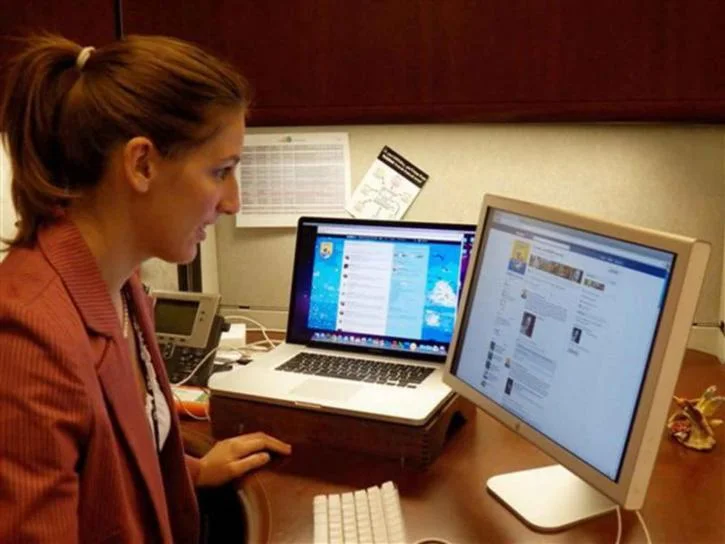Be Aware of Fraudsters Using COVID-19 as a Cover for Their Scams
/
For scam artists, COVID-19 means "game on". Some have taken to texting would be victims to get them to click on their links where they'll begin phishing for your information and possible money.
This week the FBI reported that scammers are texting about offers of bonus money from big box stores as part of COVID-19 promotion program for being a loyal customer.
The FBI reports seeing a rise in fraud schemes related to the coronavirus pandemic.
"These awful human beings prey on those of us who are scared or apprehensive about what the future holds," said CSLEA Foundation Chair Kenny Ehrman. "Be very careful about clicking on links in emails, text messages or websites you are not familiar with."
The FBI reminds us to be cautious when donating to a charity online or through social media; contributing to a crowdfunding campaign; purchasing products online; or giving up your personal information in order to receive money or other benefits. The FBI advises you to be on the lookout for the following:
Fake CDC Emails.
Watch out for emails claiming to be from the Centers for Disease Control and Prevention (CDC) or other organizations claiming to offer information on the virus. Do not click links or open attachments you do not recognize. Fraudsters can use links in emails to deliver malware to your computer to steal personal information or to lock your computer and demand payment. Be wary of websites and apps claiming to track COVID-19 cases worldwide. Criminals are using malicious websites to infect and lock devices until payment is received.
Phishing Emails.
Look out for phishing emails asking you to verify your personal information in order to receive an economic stimulus check from the government. While talk of economic stimulus checks has been in the news cycle, government agencies are not sending unsolicited emails seeking your private information in order to send you money. Phishing emails may also claim to be related to:
Charitable contributions
General financial relief
Airline carrier refunds
Fake cures and vaccines
Fake testing kits
Counterfeit Treatments or Equipment.
Be cautious of anyone selling products that claim to prevent, treat, diagnose, or cure COVID-19. Be alert to counterfeit products such as sanitizing products and Personal Protective Equipment (PPE), including N95 respirator masks, goggles, full face shields, protective gowns, and gloves. More information on unapproved or counterfeit PPE can be found at www.cdc.gov/niosh. You can also find information on the U.S. Food and Drug Administration website, www.fda.gov, and the Environmental Protection Agency website, www.epa.gov. Report counterfeit products at www.ic3.gov and to the National Intellectual Property Rights Coordination Center at iprcenter.gov.
If you are looking for accurate and up-to-date information on COVID-19, the CDC has posted extensive guidance and information that is updated frequently. The best sources for authoritative information on COVID-19 are www.cdc.gov and www.coronavirus.gov. You may also consult your primary care physician for guidance.
The FBI is reminding you to always use good cyber hygiene and security measures. By remembering the following tips, you can protect yourself and help stop criminal activity:
Do not open attachments or click links within emails from senders you don't recognize.
Do not provide your username, password, date of birth, social security number, financial data, or other personal information in response to an email or robocall.
Always verify the web address of legitimate websites and manually type them into your browser.
Check for misspellings or wrong domains within a link (for example, an address that should end in a ".gov" ends in .com" instead).
If you believe you are the victim of an Internet scam or cyber crime, or if you want to report suspicious activity, please visit the FBI's Internet Crime Complaint Center at www.ic3.gov.





















